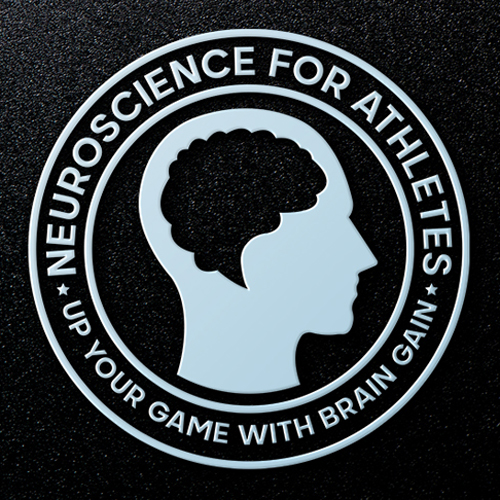Sleep is essential for physical and mental health, and it plays a crucial role in athletic performance. Athletes need quality sleep to recover from workouts, repair muscles, and improve cognitive function. In this blog post, we will discuss the importance of sleep for athletic performance and provide practical tips for athletes to improve their sleep quality and quantity.
The Neuroscience of Sleep
Sleep is a complex biological process that involves multiple physiological systems, including the brain, cardiovascular, respiratory, and endocrine systems. During sleep, the brain processes information, consolidates memories, and repairs and regenerates cells. The stages of sleep, including REM and non-REM sleep, have different functions and play different roles in physical and mental health.
The Impact of Sleep on Athletic Performance
Sleep deprivation can have significant negative effects on athletic performance. It can reduce reaction time, increase the risk of injury, decrease endurance, and impair cognitive function. Poor sleep can also decrease motivation, increase irritability, and cause mood swings. Studies have shown that athletes who get more sleep have better performance, better recovery, and a lower risk of injury.
Practical Tips for Athletes to Improve Sleep
Prioritize sleep: Athletes should make sleep a priority and get at least 7-8 hours of sleep each night. This may require making changes to their schedule, such as reducing late-night activities or early-morning training sessions.
Create a sleep-conducive environment: Athletes should create a sleep-conducive environment by keeping their bedroom dark, quiet, and cool. They should also avoid using electronic devices, which emit blue light that can disrupt sleep.
Develop a bedtime routine: Athletes should develop a bedtime routine that helps them relax and prepare for sleep. This may include activities such as reading, meditation, or taking a warm bath.
Manage stress: Athletes should manage stress and anxiety, which can interfere with sleep. They can use techniques such as deep breathing, visualization, or progressive muscle relaxation to reduce stress and promote relaxation.
Avoid caffeine and alcohol: Athletes should avoid caffeine and alcohol, which can interfere with sleep. Caffeine is a stimulant that can make it difficult to fall asleep, while alcohol can disrupt sleep quality.
In conclusion, sleep is essential for athletic performance and overall health. Athletes should prioritize sleep, create a sleep-conducive environment, develop a bedtime routine, manage stress, and avoid caffeine and alcohol to improve their sleep quality and quantity. By getting enough quality sleep, athletes can recover faster, reduce the risk of injury, and perform at their best on the field or court.

